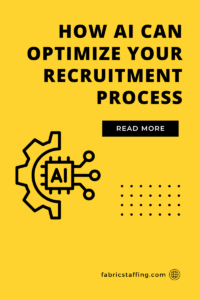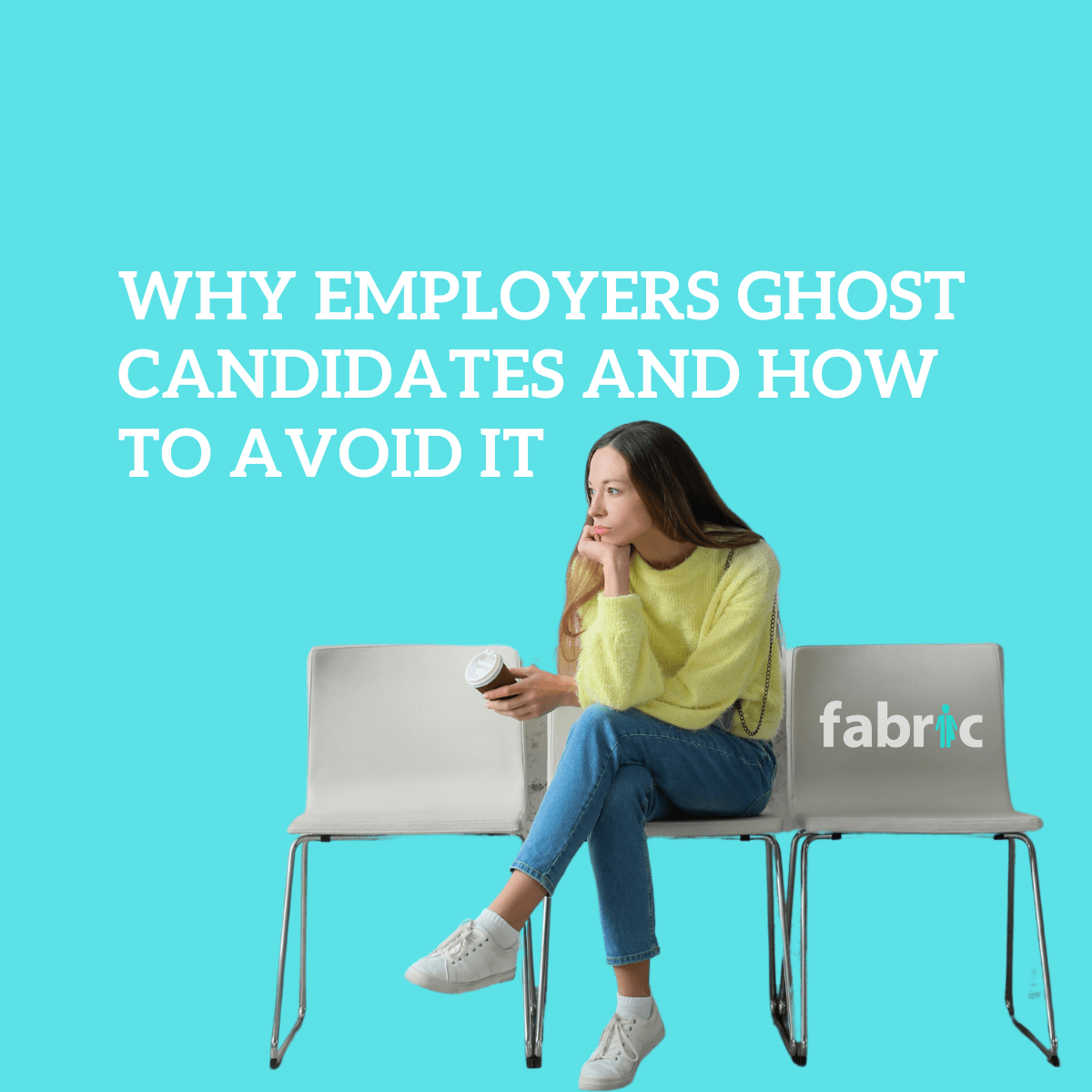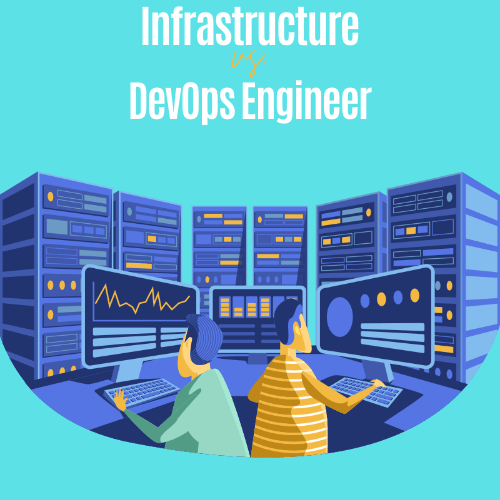 How AI Can Optimize Your Recruitment Process
How AI Can Optimize Your Recruitment Process
It’s hardly surprising that AI is a hot topic in talent acquisition.
Recruiters and hiring teams spend an incredible amount of time searching for candidates. Sifting through hundreds, sometimes thousands, of resumes in search of the perfect match can be a laborious and time-consuming task.
Recruiting is fraught with challenges, yet, in the midst of this complexity, a new ally has emerged: artificial intelligence (AI).
AI is not just a buzzword; it’s a transformative force in the world of recruitment. As companies strive to attract top talent faster and more efficiently, AI-powered tools are stepping in to streamline processes, reduce bias, and enhance the overall candidate experience. But what does this mean for recruiters and hiring managers?
How can AI truly optimize your recruitment process?
The global AI recruitment market, once a niche innovation, surged to $610 million in 2021 and is on track to reach $890 million by 2028.
This growth reflects a profound shift in how companies approach hiring, driven by the desire for faster, more efficient processes. A recent 2024 Gartner survey reveals that 38% of HR leaders are already piloting or implementing generative AI (GenAI), a dramatic increase from just 19% a year ago.
Yet, despite the enthusiasm, the adoption of AI in recruitment is not without its challenges. From data quality concerns to ethical considerations, the path to AI-driven hiring is filled with both opportunities and pitfalls.
As the technology continues to evolve, it’s crucial for recruiters to understand how to harness its power effectively while navigating the complexities it brings.
How Is AI Being Used in Hiring Today?
Traditional hiring methods, like reviewing resumes and arranging interviews, can take up the majority of recruiters’ time, causing delays and potentially frustrating applicants while increasing the risk of losing them to companies with quicker hiring processes.
The average time to hire an employee reached an all-time high of 44 days last year. This number has only continued to rise amidst mass amounts of lay-offs and a cooling labor market; organizations are receiving more applications than ever.
While this gives recruiters more options, it also means there are many more applications to sift through — in other words, more noise.
AI in recruitment can bridge the gap, helping recruiters find and communicate qualified candidates faster. How is AI being used in recruitment:
- Screening Resumes: AI specializes in quickly making sense of vast data sets. AI tools scan resumes, match skills to job requirements, and streamline recruitment, finding qualified candidates faster.
- Sourcing Candidates: AI tools can actively search for potential candidates across various platforms, including job boards and social media sites like LinkedIn. This efficiency allows recruiters to focus on hiring tasks such as interviewing and communicating with managers.
- Automating Communication: AI-powered chatbots can provide real-time responses or even conduct preliminary interviews. GenAI can also help create templatized emails for personalized candidate outreach.
- Screening Candidates: When using any kind of pre-hire assessment, AI can gather and analyze thousands of data points to understand the job-specific context and rank candidates against those specific job requirements.
- Conducting One-Way Interviews: In addition to automating the scheduling of interviews, AI can also conduct interviews by asking a series of standardized questions, and in some instances, analyzing candidates’ responses.
- Making Informed Decisions: AI can analyze historical data, forecast future hiring needs, and evaluate candidates to help recruiters make more informed decisions, ensuring decisions are grounded in facts rather than personal opinions.
- Assisting with Onboarding: AI supports new hires with personalized onboarding that incorporates their unique learning styles and populates learning material based on their roles and skills.
- Drafting Job Descriptions: AI writing tools can help draft compelling job descriptions. Recruiters can get ideas and suggestions to make the language in job postings more appealing, inclusive, and likely to attract a diverse pool of candidates.
Benefits of AI in Hiring:
- Reduce Manual Work: AI can reduce the manual load on recruiters, helping them focus on uniquely human, more strategic activities like conducting standardized interviews and making data-driven decisions.
- Mitigate Bias: AI algorithms can be designed to minimize biases and capitalize on merit. For instance, AI can mask demographic information in the hiring process — such as name, age, race, and gender — so everyone gets a more equal opportunity.
- Bridge Skills Gaps: AI can identify which skills your employees have and forecast which skills they’ll need in the future. It can even help create job-specific learning pathways for employees.
- Create Recruitment Strategies: AI can analyze market trends, salary data, and employee performance to help you make smart hiring decisions.
- Reduce Turnover: AI can analyze employee surveys and turnover rates to help you create proactive strategies for retaining employees and enhancing overall job satisfaction.
Risks and Limitations of AI Hiring
Data Quality – The quality of AI results depends on the quality of the data used to train the AI models.
Consider the cautionary tale from Amazon, whose machine learning specialists built a candidate screening solution to pinpoint ideal software developers. Unfortunately, the training data exclusively featured male software developers, resulting in females being disqualified from the hiring process and Amazon abandoning the in-house hiring tool altogether.
When choosing an AI recruitment technology, make sure to vet your AI vendor and understand how they built their AI tool, including whether it’s based on the latest industrial-organizational science and what kind of data they used.
The legality of AI in recruitment – Compliance is crucial for HR practices, as it ensures that a company follows laws and ethical guidelines, protecting employees and an organization’s reputation. However, widespread federal AI regulation is still a ways off, so it’s essential to adopt AI solutions committed to ethical practices to stay competitive and compliant in the long run while benefitting from the advantages of AI.
The need for a human influence – AI solutions aren’t infallible and sometimes generate inaccurate results. Many candidate screening solutions use AI in one way or another, but the goal of these solutions should never be to remove the human from the equation or replace human judgment. Rather, AI technologies should help recruiters make the most informed decisions possible.
The Future of AI in Hiring
Data powers AI. It should also power our decisions about how and when to use AI. So what does the data tell us about the future of AI in HR?
- Interest in AI: Four in five people want to learn more about using AI in their profession. This indicates a growing interest in AI, with more people willing to improve their skills to keep up with technology and stay competitive in their jobs.
- Lack of Preparedness: Some employees say they don’t feel prepared to work with AI. It’s essential to provide training and support to make it simpler for new technologies like AI to fit into the workplace, boosting productivity, innovation, and success.
- Impact on Jobs: More than half of our jobs may be impacted by AI, with skills needed for these jobs continuing to change at a fast rate, up to 65%, by the year 2030.
- Positive Outlook: HR decision-makers and recruiters are hopeful about the future of recruiting. The 2024 investment outlook indicates that over half of the budget increase will go to AI-powered recruiting tools.
- Growth in AI Usage: Most recruiters expect to see an increase in AI in the workplace, suggesting a strong consensus among recruiters that the importance and usage of AI in HR will only grow.
Interest and optimism are growing year over year among HR decision-makers and recruiters. As the job market keeps evolving, we can expect more AI tools to be used in hiring with the goal of making the hiring process faster, smoother, and more effective.
By automating repetitive tasks, enhancing candidate matching, and providing valuable insights, AI empowers recruiters to focus on what truly matters: building relationships and making informed, strategic decisions.
However, it’s crucial to approach this technology with a thoughtful and ethical mindset, ensuring that data quality and fairness are prioritized. Embracing AI in recruitment is not about replacing human judgment but enhancing it, leading to more efficient, inclusive, and successful hiring processes.
As you look to the future, consider how AI can not only optimize your recruitment efforts but also help you build a stronger, more diverse, and dynamic workforce.
At Fabric Staffing, we are committed to helping organizations unlock their full potential through innovative talent solutions. Contact us to learn more about how we can support your talent acquisition and development needs.


 How AI Can Optimize Your Recruitment Process
How AI Can Optimize Your Recruitment Process







